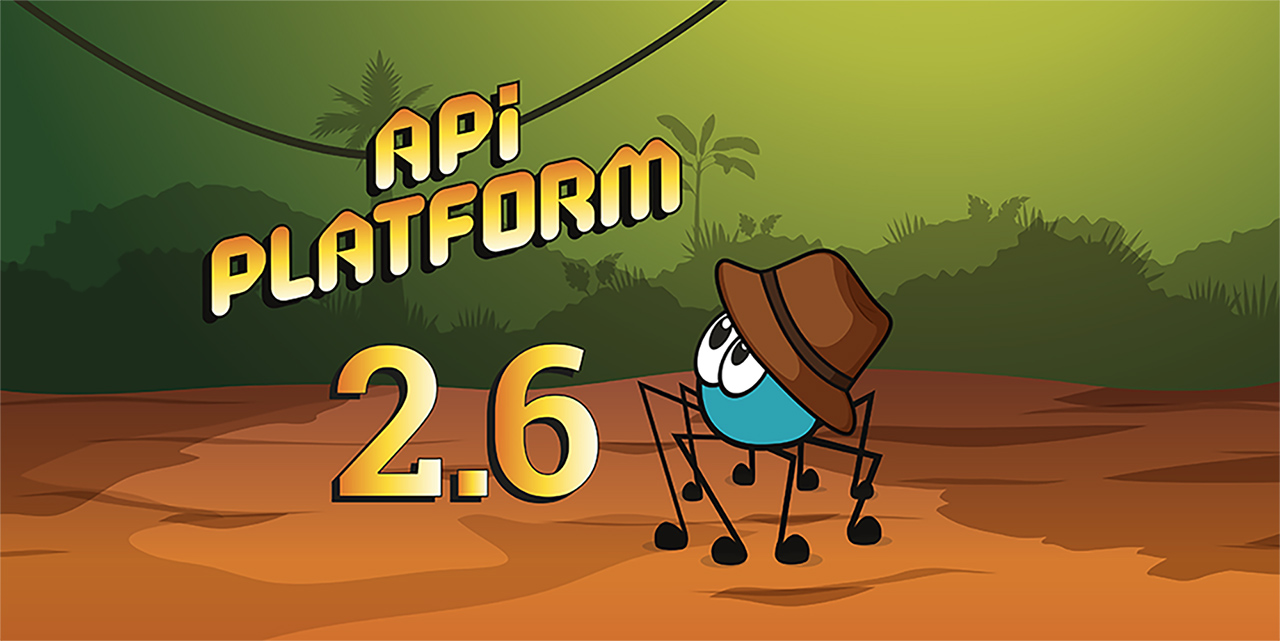I just released API Platform Schema Generator version 3! It’s a command-line tool, part of the API Platform framework, that instantly generates a complete PHP data model (classes, enumerations, ORM mapping, validation rules, web API definitions, PHPDoc…) from RDF vocabularies and ontologies. RDF vocabularies are commonly used to define web-scale (Schema.org), industry-wide (The NASA Air…
Tag: ActivityPub
API Platform 2.6: PHP 8 support, Next.js and Nuxt.js app generator, Caddy server, ActivityPub and much more!
During my talk at SymfonyWorld, I announced the immediate availability of API Platform 2.6! Try it now! Version 2.6 is the result of more than one year of work and hundreds of commits. It contains a huge list of new features, checkout the change logs (core library, distribution) for the full list. In this blog…
